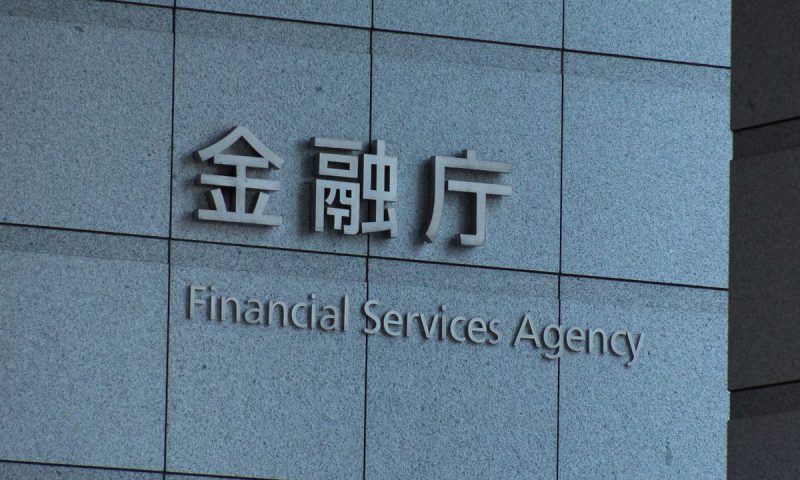Back in June, the Japanese government gave a green signal to a bill that recognized stablecoins as digital money. By doing so, Japan became one of the first big countries to form a legal framework for stablecoins.
However, they were required to be backed by Japan’s fiat yen or another legal tender that allowed holders to employ them at face value. Nonetheless, the bill did not touch upon overseas stablecoins backed by assets like Tether.
Read More: Japan legally recognizes stablecoins as digital money
FSA To Reportedly Lift Stablecoin Ban on Tether, USDC
However, per a development that just shaped up, the Japanese Financial Services Agency [FSA] may reverse the ban on the circulation of stablecoins like Tether and USDC. The English version of a recent report from CoinsPaid stated,
“In 2023, the Financial Services Agency will lift the ban on domestic distribution of stablecoins issued overseas.”
The report also pointed out that the remittance limit will be set at 1 million yen [$7500] per transaction.
Also Read: Is Japan embracing Crypto by easing its regulations?
Also Read: Japan’s Prime Minister announces NFT, Metaverse expansion
As far as domestically issued stablecoins are considered, issuers will have to put together collateral assets. Issuers are limited to banks, fund transfer service providers, and trust companies.
Furthermore, as an anti money laundering measure, the FSA will also mandate stablecoin distributors to record transaction information like user names. CoinsPaid reported that the agency will start collecting opinions on draft guidelines for stablecoins after the 26th.
Japan’s crypto stance has notably eased over the years. Japanese Prime Minister Fumio Kishida’s “New Capitalism” vision seeks to boost Japan’s economy. The country recently revealed its expansion into the NFT, Metaverse space. Parallelly, the government is also looking to ease crypto tax rules.
Also Read: Japanese regulators looking to ease Crypto tax rules





